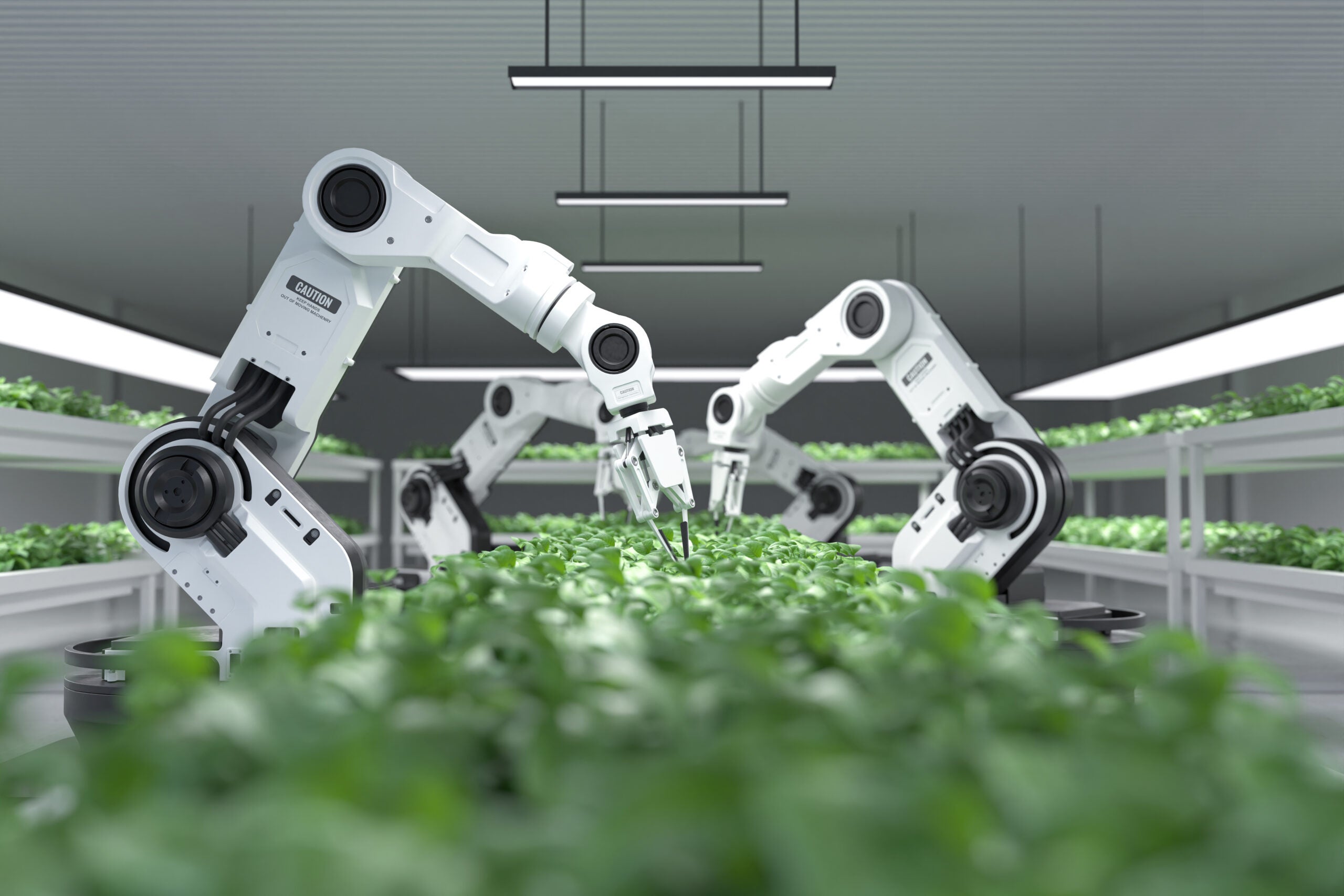While agricultural companies and farmers have a host of ways to tackle disease and pests, there are novel solutions on the horizon too—namely deploying artificial intelligence (AI).
Foodie or not, we all know eating is essential. And with the global population set to reach 9.7 billion by 2050 according to the UN, there will be even more mouths to feed.
With this mounting pressure, the agriculture industry must think outside the box to address any challenges. Our essential food sources are potentially exposed to pests, diseases, and the growing effects of climate change every day.
The FAO (Food and Agriculture Organization) estimates that 40% of global crop production is lost annually to pests, costing the global economy $220bn. Climate change has been further exacerbating this issue by accelerating the spread of pests, especially in boreal and temperate regions.
To combat this the agriculture sector can combine current genetic mapping techniques with AI’s generative and decision-making capabilities, mimicking the drug discovery process, to arrive at new seed variations that are urgently needed by farmers in the face of disease, extreme weather, and resource and land shortages.
Bayer’s innovative use of AI for plant breeding
For example, Bayer, a pharmaceutical and biotechnology company that also manufactures agricultural products, has developed new methods of plant breeding that can make our crops more resilient until they make their way to our plates.
For millennia, plant breeding has been fundamental to the improvement of crop varieties, but it has come a long way. Bayer has developed a new, more efficient method of plant breeding. It works by mimicking traditional plant breeding techniques while deploying genetic mapping, machine learning, and generative AI. Bayer has moved on from the techniques of Mendel, and now plants are not just bred based on appearance (phenotypes), but instead, full genomic sequencing can be conducted. AI can then analyse vast amounts of genetic data and millions of potential genetic combinations and make recommendations.
Making predictions
In a similar way to its usage by pharmaceutical companies to predict drug target structures and generate potential molecules, generative AI can suggest new plant varieties. Thus, Bayer can provide farmers with thousands of seed varieties at pace. These can be designed to survive extreme weather, the consequences of climate change, disease, and much more. They can also be specially bred to appeal to consumer demands of size, taste, or colour and consequently help to reduce waste.
Therefore, despite what some may see as the current hype of AI and the achievement of artificial general intelligence (AGI) remaining decades away, AI has real, necessary, and valuable uses today that the agriculture sector must harness.








